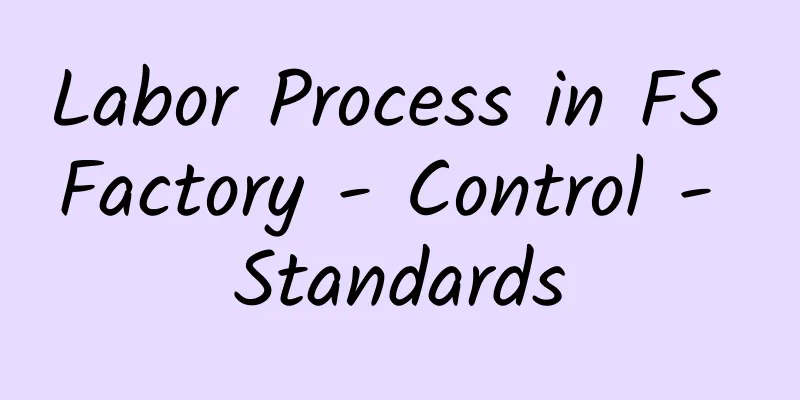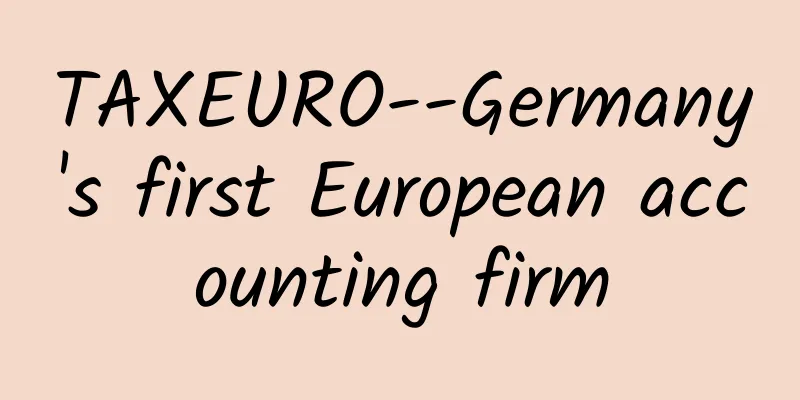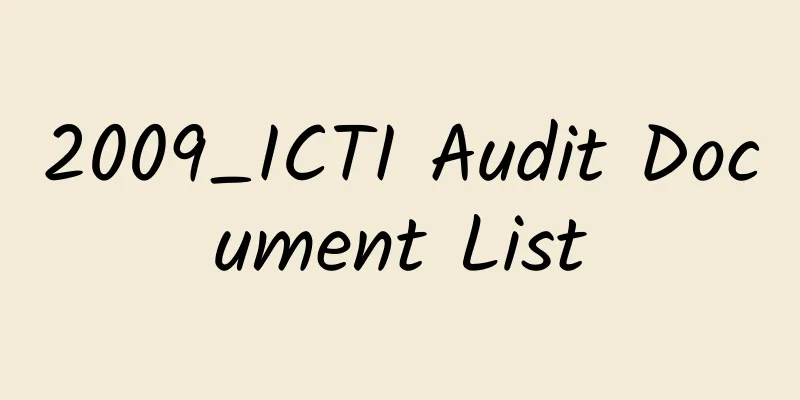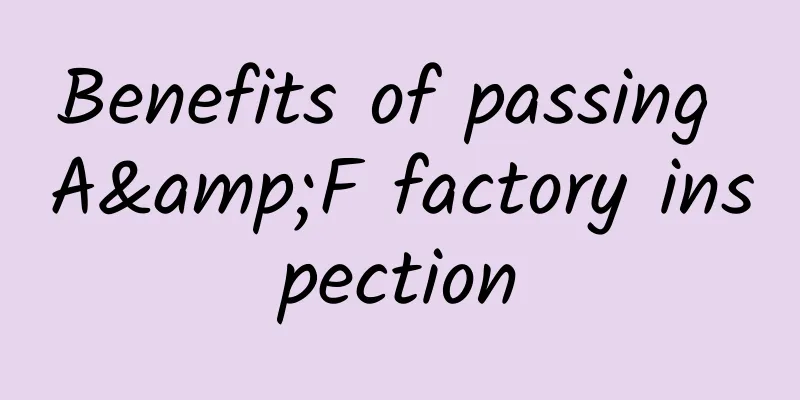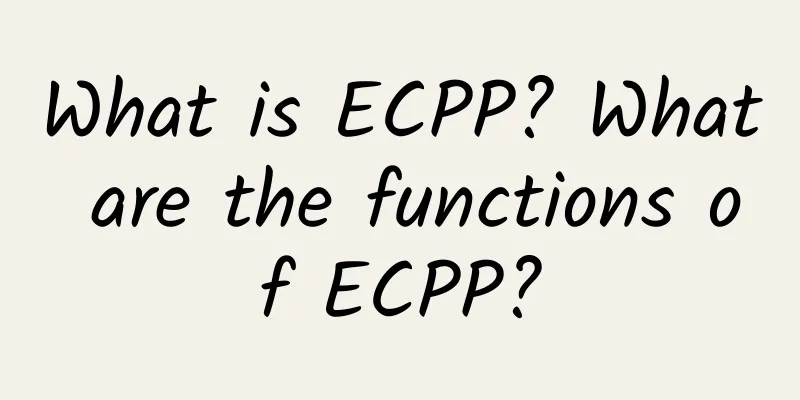Demand for zero-carbon food certification surges as products lack uniform standards
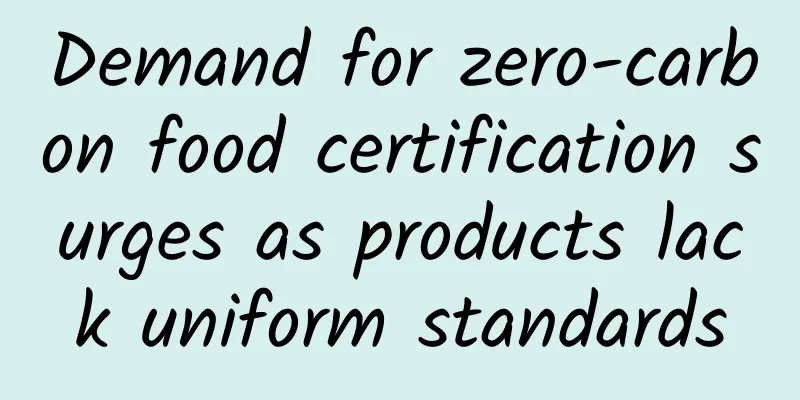
|
Starting from the 2020 China "carbon peak" and "carbon neutrality" goals, the demand for carbon footprint certification in the domestic agriculture and food industries has exploded. With the launch of the first carbon-neutral milk, carbon-neutral ice cream, carbon-neutral milk powder, and zero-carbon vegetables, the carbon reduction results of enterprises that were previously invisible to consumers have been implemented as certification marks on product packaging, bringing industry competition to a new dimension. All of the above have brought new development opportunities to the certification industry. However, in the absence of standards for zero-carbon foods, some industry insiders are worried that some companies will exaggerate the emission reduction effects, causing consumers to misjudge. Some organizations without certification qualifications have issued "carbon neutrality certificates" for products in a skirting manner. Demand for “zero carbon” certification surges As the general manager of the risk management solution center of the knowledge and management services group of the international certification body SGS, Yue Qingsong could buy potato chips and milk with carbon labels in overseas markets as early as seven or eight years ago. At that time, SGS mainly helped some multinational companies to conduct carbon inventory and certification of electronic consumer products in China's supply chain enterprises, and there were only dozens of domestic companies that asked it for relevant certification. After China's "dual carbon" goal was proposed in 2020, the number of domestic companies that sought low-carbon solutions from SGS increased by more than a hundred times. Currently, SGS is doing thousands of domestic carbon footprint certification projects, including hundreds of projects for food companies. "This explosive growth in demand has provided us with great opportunities. Compared with some domestic certification agencies, we have a certain leading edge in carbon footprint certification capacity and talent reserves, because we have launched carbon-related certification service projects 10 years ago." Yue Qingsong told reporters. The birth of a zero-carbon food is inseparable from the carbon inventory and carbon neutrality certification process. Yue Qingsong summarized the carbon neutrality certification work of enterprises into two parts: one is carbon inventory and the other is verification and certification. Certification requires hiring a third-party organization to conduct verification and issue a certificate. Carbon inventory can be completed by the enterprise itself. Since the inventory work requires a lot of data collection and collation, the cycle of inventory and verification work is generally 2-3 months. The "Corporate Carbon Neutrality Roadmap" released by the United Nations Global Compact in 2021 shows that companies must first determine their base year emissions when conducting carbon inventory, which is a very complex process that requires companies to define organizational boundaries, clarify greenhouse gas types, sort out related activities, and evaluate emissions at the activity level. In addition, there are dozens of greenhouse gas accounting and disclosure standards issued by different non-governmental organizations, institutions, and governments, which further increases the difficulty of inventory. Taking Nestlé's carbon neutral milk powder as an example, the company must first conduct a base year life cycle assessment, and then go through a series of emission reduction projects to ensure that carbon emissions are reduced to a proportion that meets the standards. These projects include organic farming, 100% clean energy in the factory, and the use of bio-based packaging materials. On this basis, through high-quality carbon offsets such as tree planting projects, the remaining carbon emissions in the product life cycle are neutralized. Finally, it is certified by a third-party organization and a certificate is issued. "The entire process is carried out in full compliance with the standards and lasts for several years. In the future, carbon reduction and high-quality carbon offsets will continue every year, and certification will be repeated." Lack of unified product standards Yue Qingsong told reporters that the current domestic certification of zero-carbon agricultural products and carbon-neutral foods is mainly based on the ISO14064 greenhouse gas emissions standard and ISO14067 product carbon footprint issued by the International Organization for Standardization, as well as the UK's PAS2060 carbon neutrality certification to carry out related work. Compared with industrial products, the carbon footprint certification of agricultural products is more complicated. Nanjing Guohuan Organic Products Certification Center Co., Ltd. (referred to as "Nanjing Guohuan") is a domestic institution engaged in the certification of organic agricultural products and zero-carbon and negative carbon agricultural products. General Manager Zhang Jibing told reporters that agricultural activities are not only the third largest source of greenhouse gas emissions in my country, but also a huge carbon sink system. The difficulty of conducting carbon inventory lies in the vast territory of my country, the variety of agricultural products, and the great influence of climate change and geographical location. It is not as easy to calculate the influencing factors as factories. In addition, my country established a low-carbon product certification system as early as 2013, but it does not include agricultural products. At present, the international "2019 IPCC National Greenhouse Gas Inventory Guidelines Revised Edition" stipulates the agricultural greenhouse gas measurement method and provides default calculation parameters. However, Zhang Jibing believes that the default calculation parameters given in the guidelines are only based on the global scope and larger regional scales, and there is a large uncertainty when measuring national or regional greenhouse gas emissions. "What we need to do is to come up with a scientific model method to calculate the soil carbon sequestration and greenhouse gas emissions of farmland." In February this year, the Jiangsu Provincial Market Supervision Bureau funded Nanjing Guohuan to carry out the "Food and Agricultural Products Carbon Certification Technical Service" scientific research project and conduct research on the food and agricultural products carbon certification system. Nanjing Guohuan carried out four aspects of work: completing the research on the "Zero Carbon Negative Agricultural Products Greenhouse Gas Emissions Evaluation Technical Specifications"; completing the research and filing of the "Zero Carbon Negative Agricultural Products Certification Implementation Rules"; completing the first batch of 5 enterprise certification pilot projects in the province; and promoting the new retailer Hema to adopt the zero carbon agricultural products certification results. Zhang Jibing said that after the launch of Nanjing Guohuan's zero-carbon and negative-carbon agricultural product certification, many organic agricultural product companies expressed interest. However, since the institutional certification standards are not national certification standards, it is difficult to have sufficient influence. In view of the above reasons, Nanjing Guohuan paid great attention to whether it could be accepted by the market when developing this set of standards, and had a good communication with Hema. With the institutional certification specifications and results, Zhang Jibing expects that industry standards and national standards will be established in about five to ten years. A mixed bag of certification bodies "Due to the lack of relevant regulations and standards, such as the lack of product life cycle analysis and claim standards, some companies are likely to exaggerate or fail to truly reflect the emission reduction effects, and consumers will have no way to judge or make misjudgments." A relevant person in charge of a foreign-funded food company believes that only after the standards are sound and companies that strictly abide by them will strengthen consumer trust and thus bring competitive advantages. According to Yue Qingsong, domestic certification agencies previously focused on traditional certification projects, such as quality management system certification, environmental management system certification, etc. Due to the low domestic market demand for carbon footprint certification, domestic agencies did not invest too many resources in this service. After the national "dual carbon" goal was proposed in 2020, the low-carbon certification market has developed explosively, and many domestic agencies have quickly launched low-carbon certification services, hoping to gain some opportunities with the new popularity. "Whether at home or abroad, certification work must be carried out by an independent third party to be authoritative. Certification bodies must register with the National Certification and Accreditation Administration and obtain authorization when carrying out certification work in China. At present, many customers do not understand this very well, resulting in many "zero-carbon" and "carbon neutral" food certificates not meeting certification standards." Yue Qingsong said. The reporter noticed that Yili's "zero-carbon milk" has obtained the carbon neutrality verification statement (PAS2060) issued by the international inspection and certification agency Bureau Veritas. The packaging of Hema's zero-carbon organic vegetables is printed with the "zero-carbon agricultural products" certification label issued by Nanjing Guohuan, and Nestle's carbon neutral milk powder certificate is awarded by the global authoritative environmental protection agency South Pole. Another camellia oil claims to achieve "product pre-carbon neutrality", and its "carbon neutrality certificate" is issued by a city carbon emission trading center. In Zhang Jibing's view, in the absence of national standards for zero-carbon food and carbon-neutral food, certification bodies can adopt international standards or develop relevant standards themselves for certification. The current controversial point in the industry is that some institutions have not obtained certification qualifications approved by the National Certification and Accreditation Administration and are not independent third parties. For example, if the above-mentioned camellia oil company purchases carbon sinks from the carbon emission trading center that issued the certificate to offset the corresponding amount of carbon emissions, the two parties will have interests involved, and the certification body is not allowed to have commercial contacts and trade with the company. Its so-called "carbon neutrality certificate" is actually skirting the carbon neutrality certification. Zhang Jibing believes that environmental protection supervision has included the implementation of carbon peak and carbon neutrality in some industries in the scope of supervision. Carbon emission reduction will be an inevitable trend in the future. All walks of life, including agriculture, food industry, and certification agencies, are rushing to run the low-carbon race. "The food we eat now has nutrition labels, and in the future it will also have carbon footprint labels." Are you still worried about not passing the factory inspection? Don’t worry! Chaowang Consulting has been engaged in factory inspection and certification consulting for many years. We have rich experience and connections, and are familiar with the process and steps of factory inspection and certification. We can help companies solve certification problems at any time, easily deal with them, and pass them smoothly! Consultation phone: 021-51029391! |
<<: ISCC (International Sustainability and Carbon Certification)-"Hot Products Coming"
Recommend
HiggFEM 2021 Annual Report
Today we are going to talk about the HiggFEM 2021...
Questions about BSCI certification
Q: What is the scope of BSCI certification audit?...
Introduction to Canada Loblaw factory inspection consultation
Loblaw is the largest retailer in Canada and a co...
How is Black Friday e-commerce academy? What products and services does Black Friday e-commerce academy provide?
How about Black Friday e-commerce academy? "...
New factory inspection requirements: woolworths factory inspection
New factory inspection requirements: woolworths fa...
What are eBay's guidelines regarding duplicate listings?
To ensure that buyers see a wide selection from a...
What is Ecer? What technologies does Ecer have?
What is Ecer? Leteng Tianxia Advertising Media (e...
How about Rongsheng Overseas Warehouse? What are the advantages of Rongsheng Overseas Warehouse?
How about Rongsheng Overseas Warehouse? Shenzhen ...
GRS Global Recycling Standard for Textiles and Apparel
In response to strong demand for eco-friendly tex...
These products on eBay are very likely to infringe copyright. How can we avoid infringement of copyright on eBay?
There have been many news reports about "inf...
sonar—mining Amazon real data
What is sonar? Sonar is a free Amazon keyword sea...
What is the RoHS Directive? What are the basic contents of the RoHS Directive?
What is the RoHS Directive? On January 27, 2003, ...
eBay account anti-association factors and solution suggestions
The main factors of eBay account association incl...
Ann Taylor factory audit procedures and methods
Ann Taylor factory audit procedures and methods 1....
What is eBay Authenticate? How do I create an eBay Authenticate?
What is eBay Authenticate? eBay officially launch...

